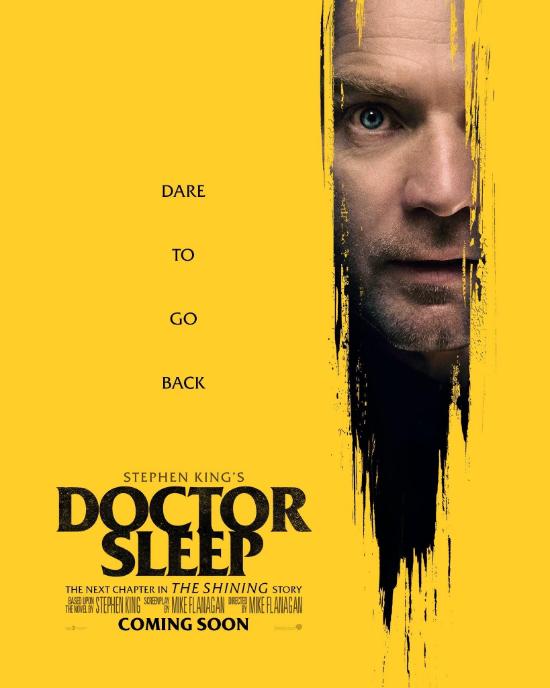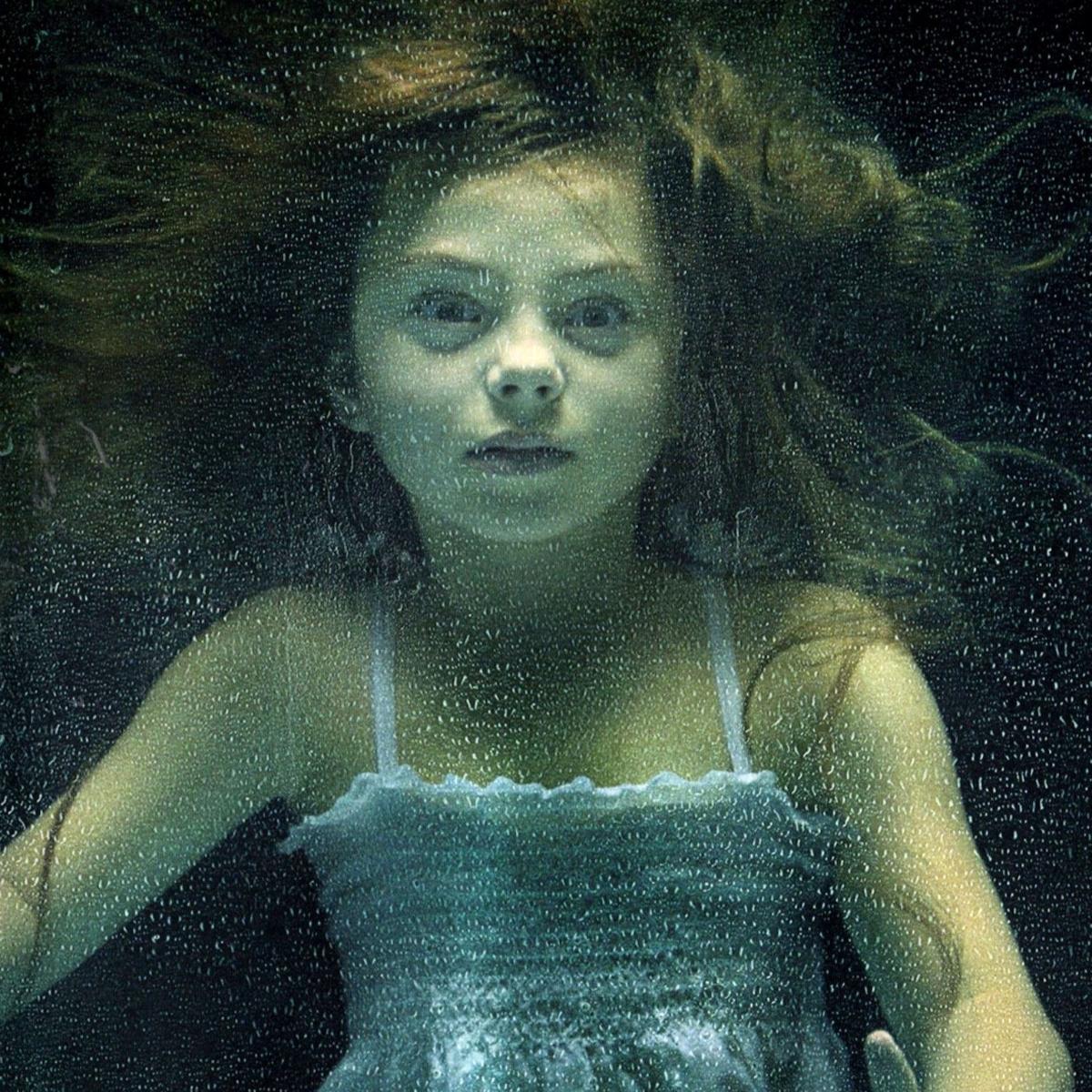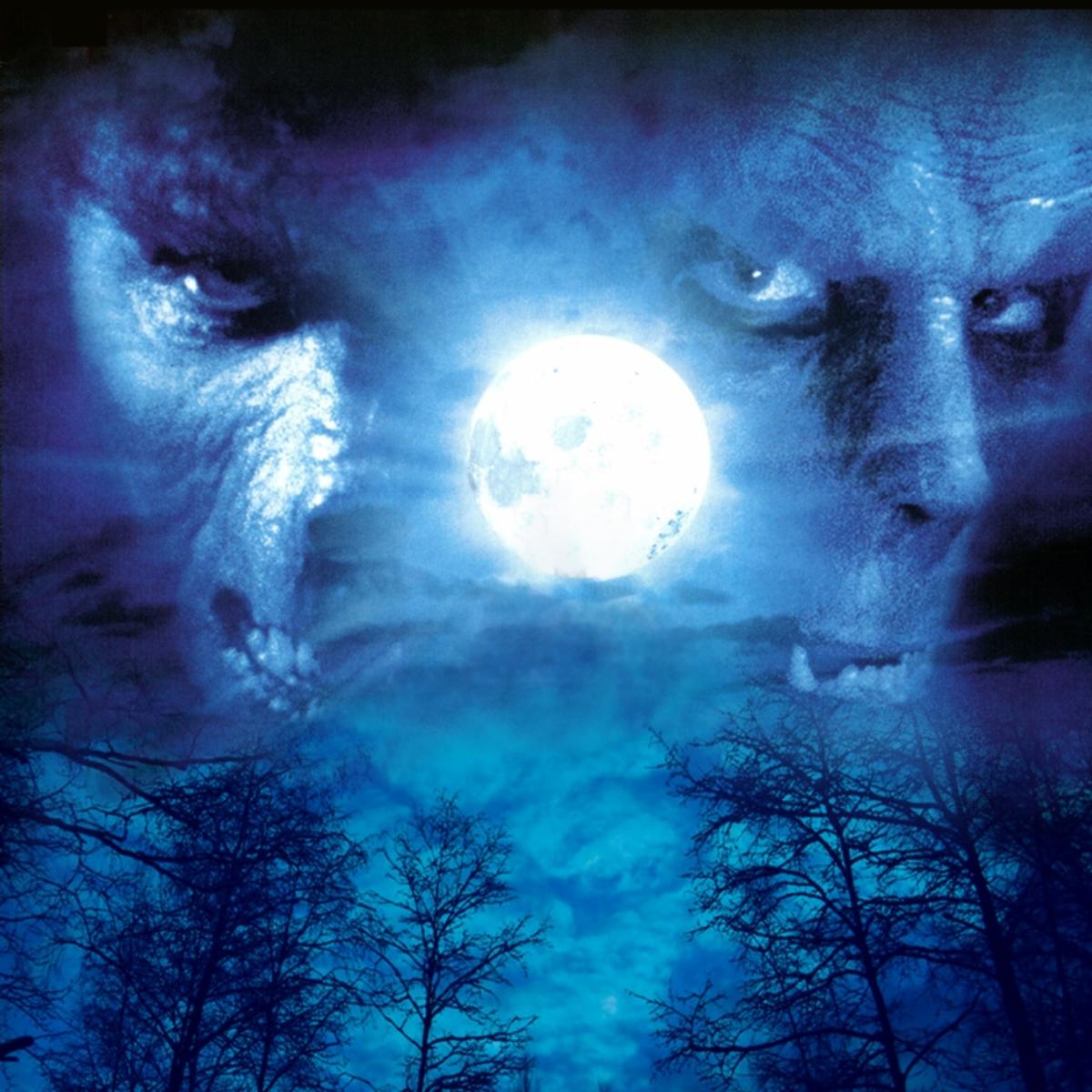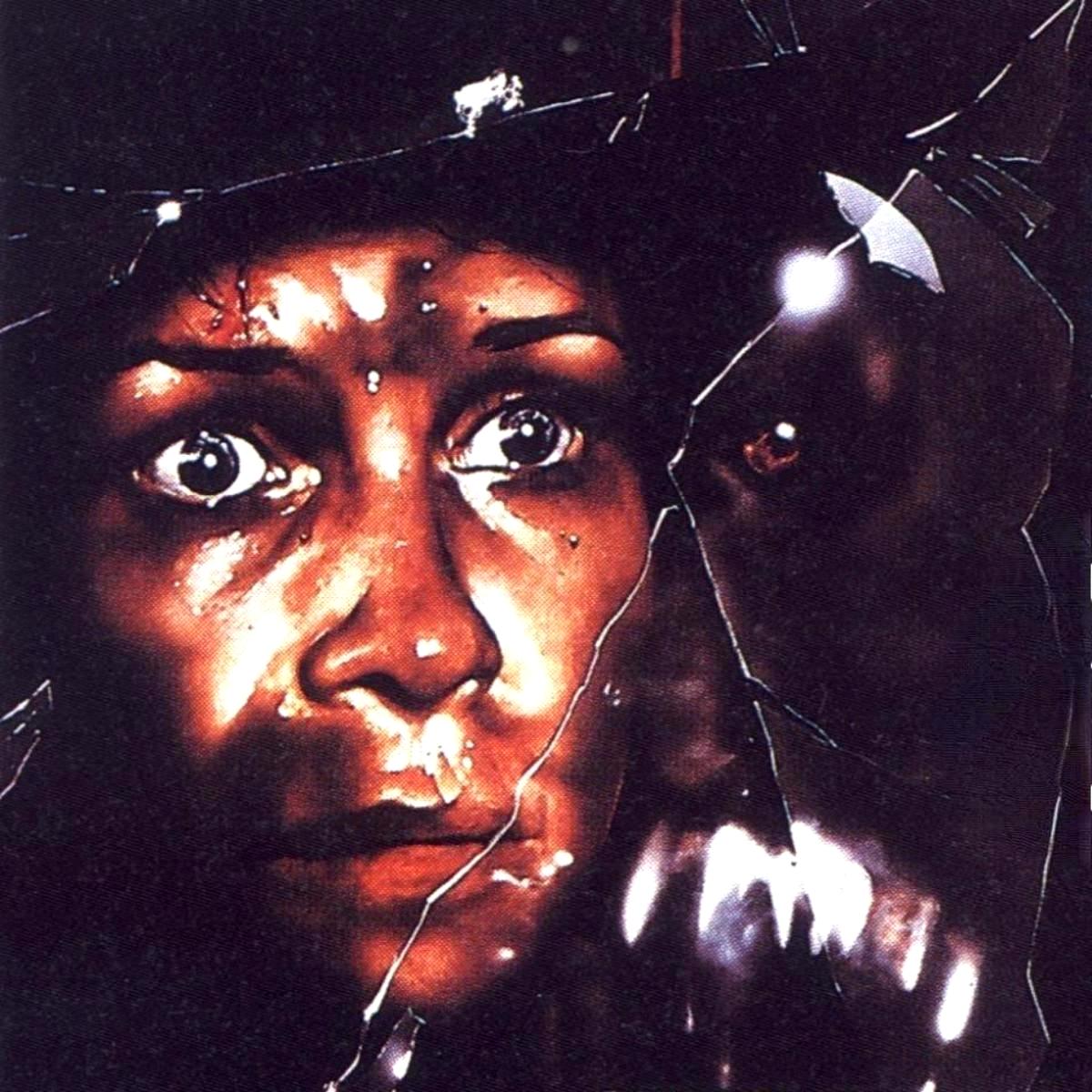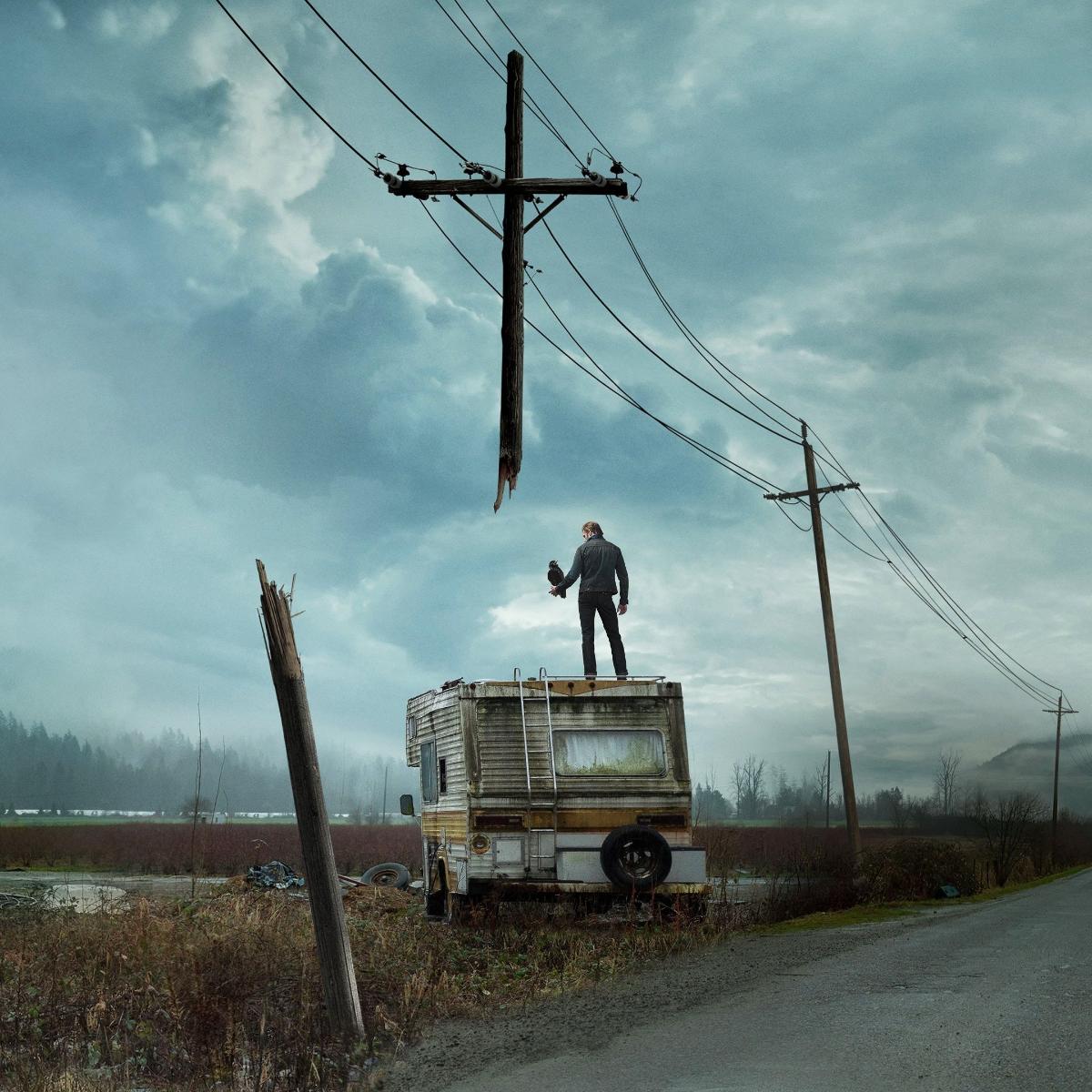Flanagan has a shining all of his own.
There was never going to be a way to adapt Doctor Sleep without angering somebody. King loyalists had the novel’s emotional continuity and thematic closure to defend. Kubrick insurgents had the version of The Shining that had imprinted itself in pop culture consciousness. What nobody could have expected was the masterful way Mike Flanagan would find to bridge the distance between the two so seamlessly. His Doctor Sleep doesn’t set out to mediate, preferring to rewrite the terms of the dispute altogether. It works because rather than choosing sides, it reshapes the landscape so King and Kubrick can share it.
Doctor Sleep opens with echoes: not just ghosts from the hotel, but reconstructed memories. Flanagan revisits the Torrances after the events of The Shining, reimagining scenes we never saw with uncanny fidelity to Kubrick’s aesthetic but grounding them in King’s psychology. Young Danny is still haunted. Wendy is still shaken. The ghosts have followed them to Florida, but Hallorann (Carl Lumbly) teaches Danny how to trap them, and how to move on. From there, the story leaps forward to find Dan (Ewan McGregor) having failed to move on: grown, broken, and drinking his shine into oblivion until, after a moment of clarity at rock bottom, he finds peace, purpose and sobriety in a small New Hampshire town, where he earns the nickname “Doctor Sleep” for the comfort he and his gifts bring to the dying. Meanwhile, across the country, a girl named Abra (Kyliegh Curran) is growing into a power even greater than his, and with it comes a danger neither of them is ready for.
Abra’s shine is too bright to ignore, and it draws the attention of The True Knot, a psychic vampiric cult led by Rose the Hat (a sublime Rebecca Ferguson), who feed on psychic pain. They eat steam, the energy released by those who have the gift of the shining and Abra is the motherlode. As The True Knot converge on Abra and Dan, all destinies point to Colorado and the site of Overlook Hotel, abandoned but far from empty.
In the novel, it’s a campsite. The hotel burned down decades earlier in a boiler explosion, King’s original ending. But Flanagan rebuilds it. The movie needs the Overlook to exist because it’s not just a location, it’s the unburied past. What makes Flanagan’s adaptation so remarkable isn’t just that he reuses Kubrick’s set design, it’s how he restores its purpose. The hotel becomes a character again, but one that answers to King’s rules. The ghosts aren’t abstract expressions of guilt or repression. They’re predators. Hungry ones.
That final act is a wholesale reimagining of Doctor Sleep‘s climax, but one that loops The Shining back into the narrative with purpose. Dan turns the hotel back on. He walks its corridors. He wakes it up. And in the most important invented scene, he meets his father, or a ghost posing as him, at the bar. It’s not Jack Nicholson. It’s Henry Thomas, doing a version of Jack that feels close enough to hurt. Flanagan wrote that scene before he finished the script. It’s the reason King agreed to let the Overlook return at all. Because this time, the story ends how King wanted: with a Torrance blowing up the boiler in an act of supreme sacrifice.
That shift ripples throughout the adaptation. The True Knot are simplified, their internal politics stripped down, their history condensed and a War Of The Worlds-esque vulnerability excised entirely, as is Abra’s parentage; a tangled subplot involving Jack Torrance’s infidelities. But what remains is tight, character-driven, and emotionally precise. Nothing important is lost. The novel gave Dan forgiveness; the film gives him closure.
Flanagan recreates the Overlook not as a museum piece, but as unfinished business. The Gold Room. Room 237. The blood-soaked elevator. All back, all precisely wrong. But this time, they’re not just there to menace a child. Their hunger has a new target. The ghosts are reawakened, and the hotel is once again a trap with no intention of letting anyone go quietly.
Ewan McGregor makes for a gentle, guarded Dan, carrying decades of trauma in every small gesture even if his standard American accent still doesn’t quite convince. Kyliegh Curran brings a fierce, clear-eyed intensity to Abra, sidestepping precociousness in favour of something quietly formidable but it’s Rebecca Ferguson who nearly steals the picture. Her Rose the Hat is a force of nature; seductive, menacing, sometimes even funny, and always unnervingly sharp, radiating a presence that mitigates for the necessarily sketched-in True Knot. Everyone bar Snakebite Andi (a vampish Emily Alyn Lind) and Zahn McClarnon’s Crow Daddy might be token nods to their novel counterparts, but Ferguson’s magnetism binds the group together into something genuinely menacing.
It’s thanks to the performance of Jacob Tremblay, though, that Flanagan is able to take a dark moment from King’s novel and turn it into one of the darkest horror moments on screen of all time. The brutal torture and devouring of baseball player Bradley Trevor is difficult to watch and, reportedly, even more difficult for the adult actors to perform such was the intensity and authenticity of Tremblay’s performance. It’s a scene that perfectly encapsulates the difference between the dreamlike clinical menace of Kubrick’s horror and the raw cruelty that King always favours.
And that’s what Doctor Sleep ultimately pulls off. It resurrects the themes Kubrick amputated: addiction, redemption, sacrifice. It brings back the ending King never got, without erasing the version audiences remember. It doesn’t correct The Shining, but it doesn’t apologise for it either. It just takes the whole of King’s duology and finishes the adapted story. Flanagan’s Doctor Sleep is a rare thing: a film that functions as an adaptation, a sequel, a tribute, and a course correction all at once.

